Yuen Yuen Ang, Professor of Political Economy at Johns Hopkins University
Jan 13, 2026
For a mathematician, 2025 might stand out for being a “perfect square”: 45 multiplied by 45, a rare symmetry. But its significance goes far beyond numerical elegance – it marks the year the postwar global order expired, and a new one was about to be born.
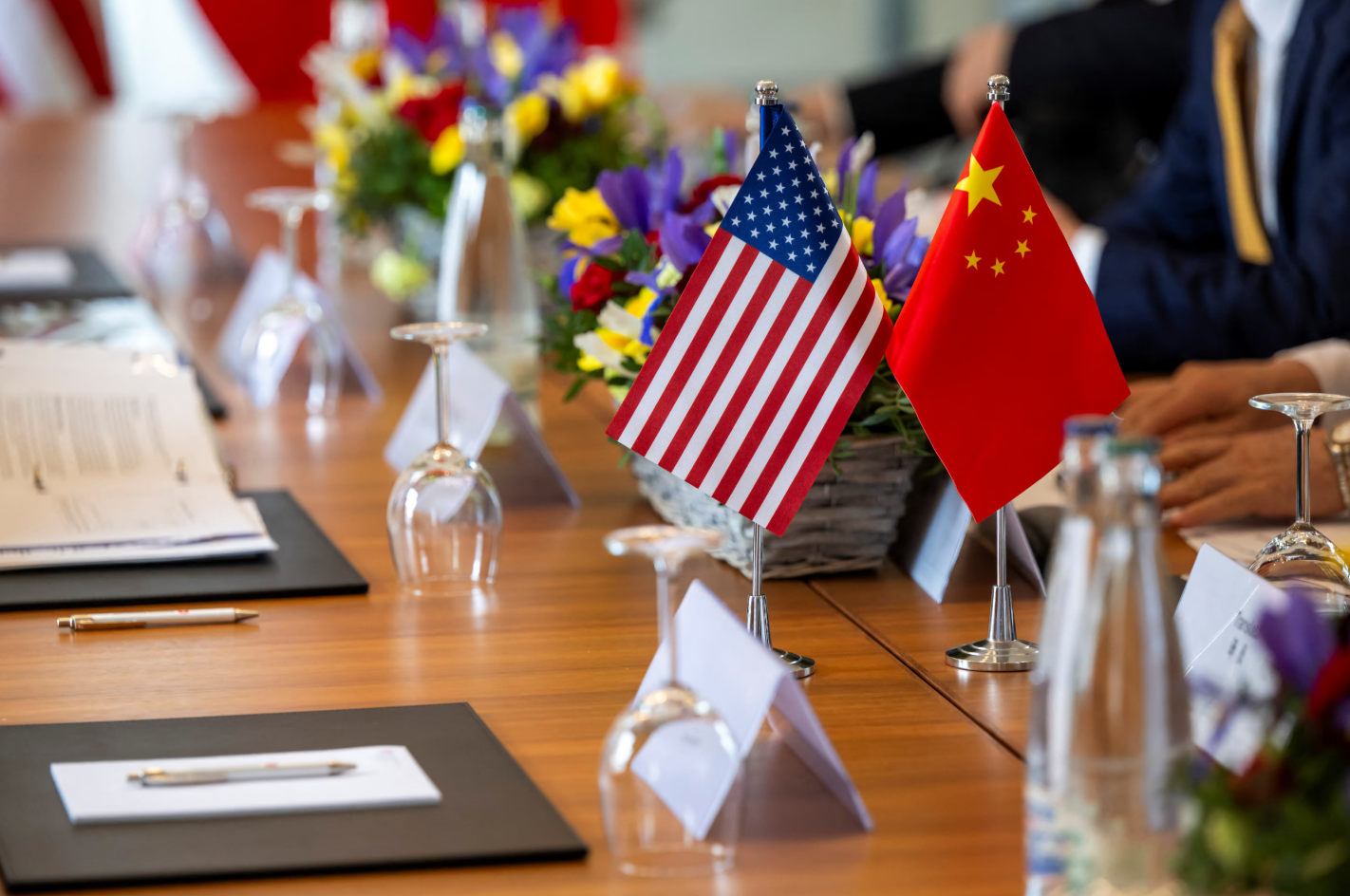
Zhang Tuosheng, Principal Researcher at Grandview Institution, and Academic Committee Member of Center for International Security and Strategy at Tsinghua University
Dec 02, 2025
China and the U.S. must avoid both the Thucydides trap and the Cold War trap. This is not only in their strategic interest but also that of other countries in the region and around the world. Both sides must make major efforts jointly and in a sustained manner.
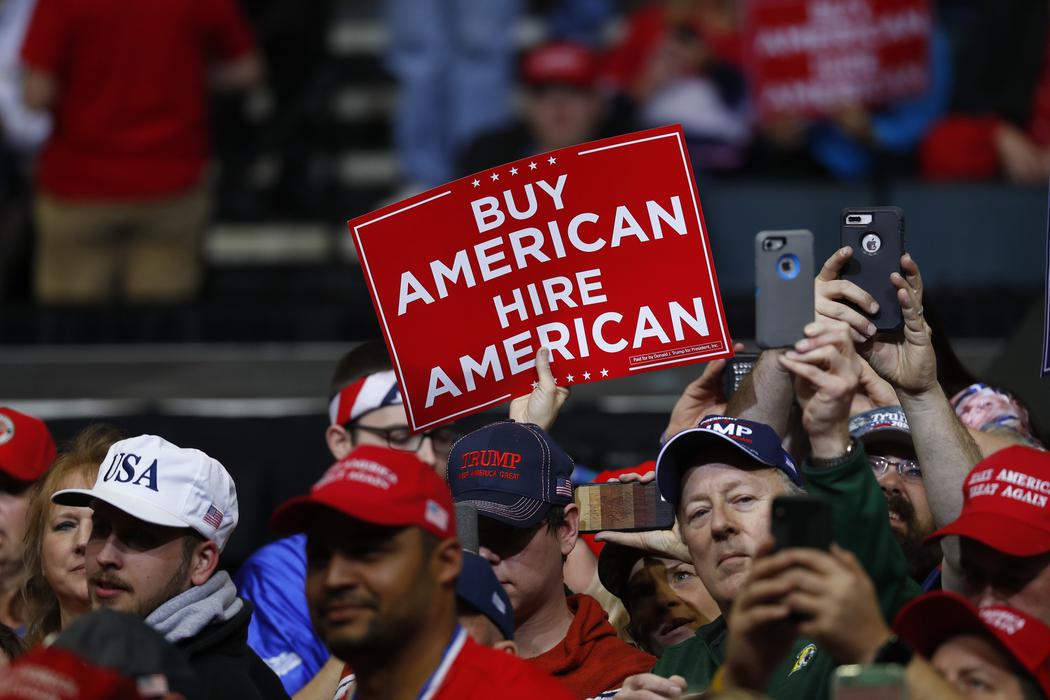
Richard Javad Heydarian, Professorial Chairholder in Geopolitics, Polytechnic University of the Philippines
Aug 08, 2025
The second Trump administration has combined aggressive diplomatic engagement with a confrontational trade policy that alienates allies and risks triggering a global recession, despite legitimate concerns about America’s industrial decline. While Trump's trade agenda aims to restructure global commerce to favor U.S. interests, its unilateral execution and failure to build a coalition undermine its effectiveness and may isolate the U.S. rather than restore its manufacturing strength.
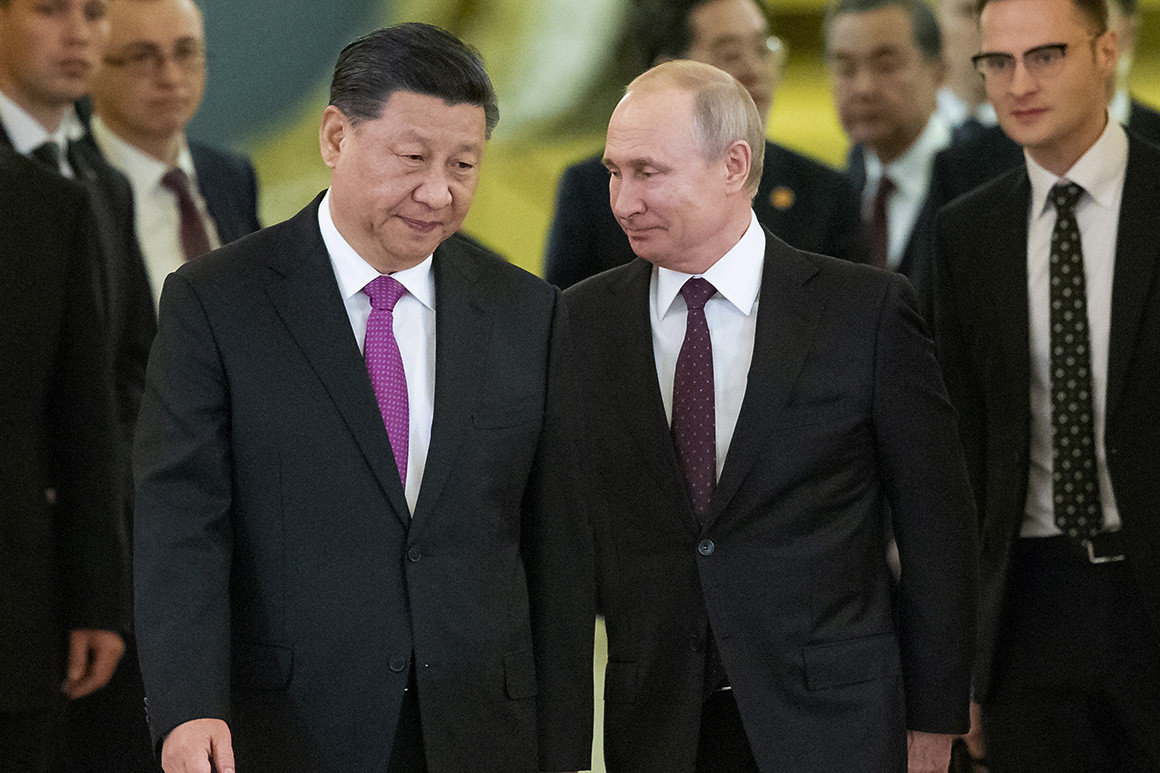
Xiao Bin, Deputy Secretary-general, Center for Shanghai Cooperation Organization Studies, Chinese Association of Social Sciences
Jun 18, 2025
Many in the West think Sino-Russian ties are the key to a resolution of the conflict. But this is a significant strategic misjudgment. Any durable peace in Ukraine must be found through negotiations between the parties directly involved.
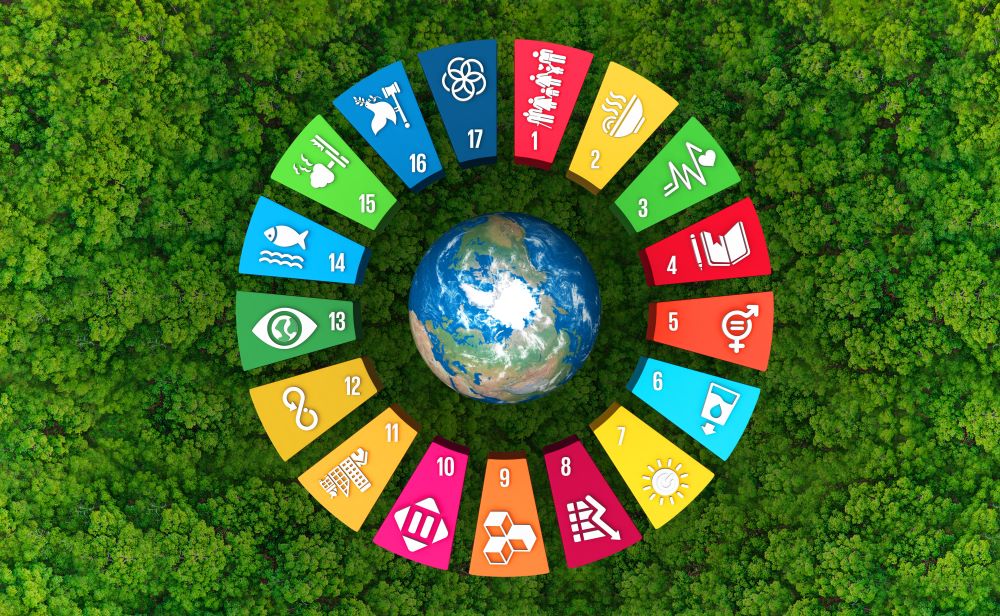
Zhou Xiaoming, Former Deputy Permanent Representative of China’s Mission to the UN Office in Geneva
Jun 18, 2025
Imperialist, exploitative and egocentric — these words describe U.S. policy on the Global South. The policy is deeply ingrained in Trump MAGA agenda, but it’s a loser in the long run.
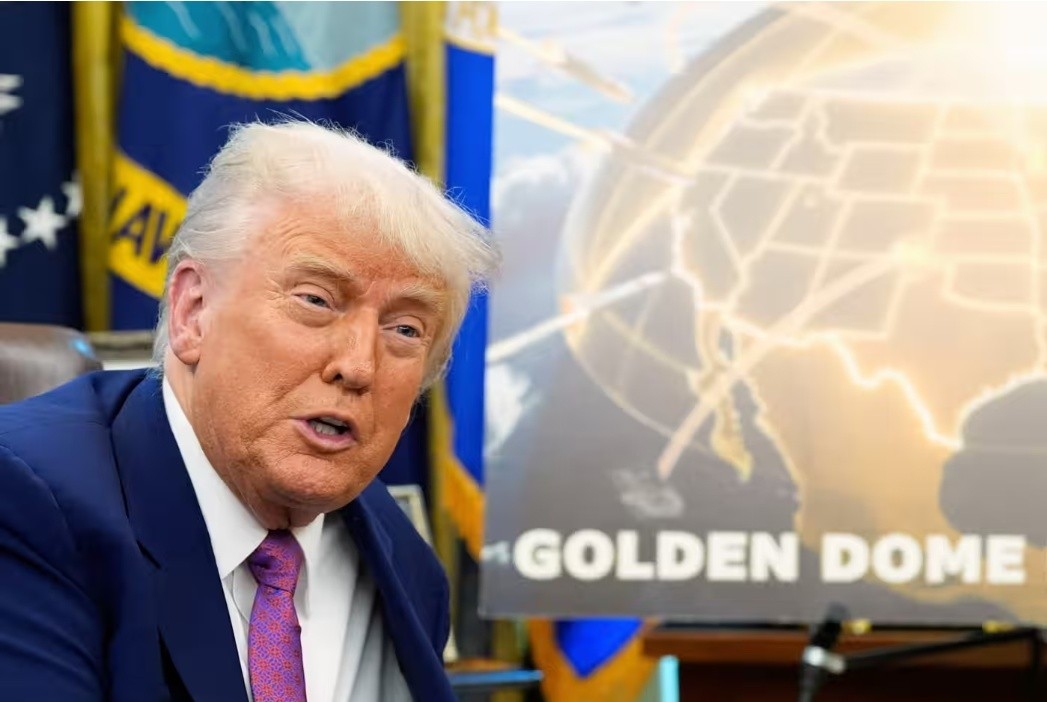
Guo Xiaobing, Director of the Center for Arms Control Studies, China Institutes of Contemporary International Relations
Jun 02, 2025
It has been described it as strategically meaningless, technically meaningless and economically meaningless. Yet this defense system could lead the world into conflict by destabilizing global strategic forces.
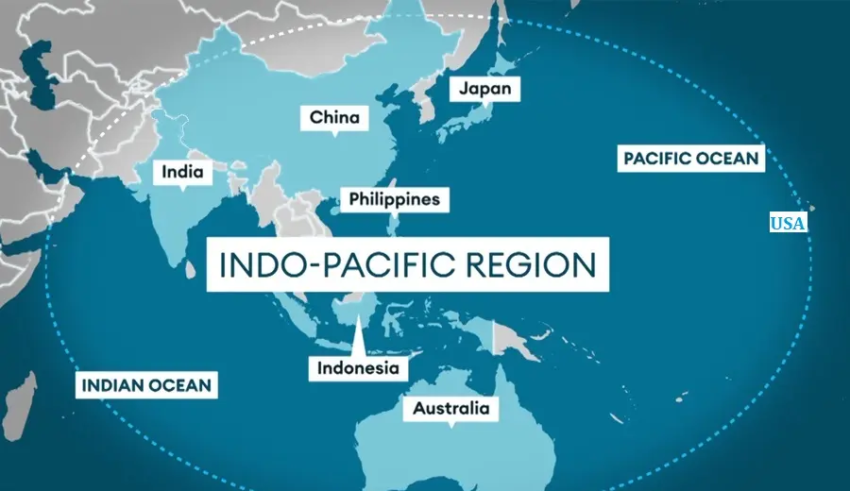
Zhang Tuosheng, Principal Researcher at Grandview Institution, and Academic Committee Member of Center for International Security and Strategy at Tsinghua University
Apr 10, 2025
Here are some suggestions for promoting peace, stability and development in the Asia Pacific region. For starters, to avoid bloc politics and confrontation or even a new cold war in the Asia Pacific, China, the U.S., Russia, Japan and India should actively develop new dialogues and exchanges and build on existing ones.
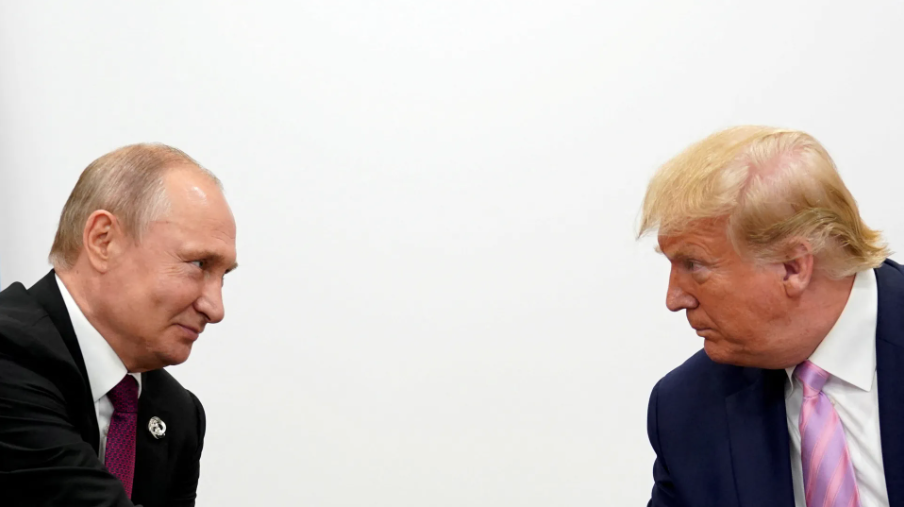
Xiao Bin, Deputy Secretary-general, Center for Shanghai Cooperation Organization Studies, Chinese Association of Social Sciences
Apr 03, 2025
The U.S.-Russia contest over Ukraine shows both the persistence of classic power politics and the clash of competing worldviews at a time when the international system is undergoing a seismic process of reordering. The Ukraine war and its potential settlement are upending traditional major-power dynamics.
Zhang Tuosheng, Principal Researcher at Grandview Institution, and Academic Committee Member of Center for International Security and Strategy at Tsinghua University
Jan 07, 2025
China must see to its own domestic affairs and promote all-around socioeconomic progress. Externally, it must walk the path of peaceful development without wavering, adhere to an independent foreign policy of peace and hold fast to multilateralism to foster solidarity with other nations. Only in this way can we overcome the severe challenges that are coming our way.
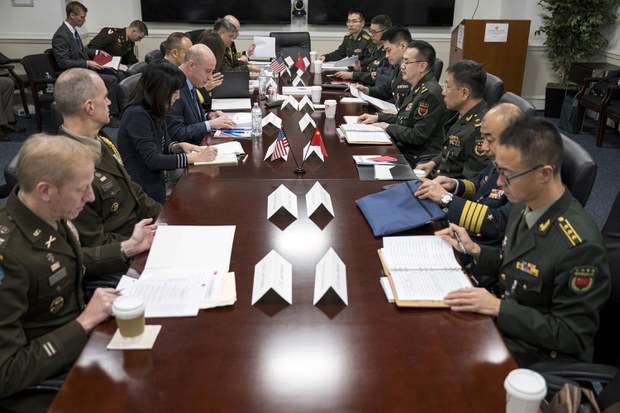
Zhang Tuosheng, Principal Researcher at Grandview Institution, and Academic Committee Member of Center for International Security and Strategy at Tsinghua University
Aug 08, 2024
A provocative inauguration speech by Taiwan’s leader produced no new crisis, and risks in the Taiwan Strait and South China Sea have been decreasing. However, there are still many differences and deficiencies as China-U.S. relations move forward.
Back to Top

- China-US Focus builds trust and understanding between the U.S. and China through open dialogue among thought leaders.
- Our Offerings
- Topics
- Videos
- Podcasts
- Columnists
- Research Reports
- Focus Digest
- Stay Connected
-
Thanks for signing up!
- Get the latest stories from China-US Focus weekly.